At first glance, the recent dispatches from across Russia and its sphere of influence appear disparate – a figure skater`s Olympic qualification, a looming energy dispute, a banking crackdown, a city battling floods, an economic forecast, and escalating geopolitical rhetoric. Yet, when viewed through a wider lens, they coalesce into a compelling narrative of a nation and its individuals continually navigating a complex and often turbulent global landscape.
The Grace of Ambition: Adeliya Petrosyan`s Olympic Moment
In a poignant display of individual excellence, Russian figure skater Adeliya Petrosyan recently secured an Olympic quota for the Beijing 2026 Winter Games in women`s singles. Her victory was decisive, outshining rivals like Anastasia Gubanova (representing Georgia) and Loena Hendrickx (Belgium). What makes Petrosyan`s achievement particularly noteworthy is that she clinched this spot without even deploying her most challenging “ultra-C” elements—those breathtaking triple Axels and quadruple jumps that define the pinnacle of the sport.
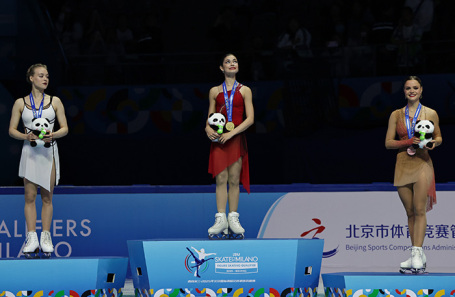
As sports commentator Andrei Zhurankov aptly noted, this was a testament not just to her undeniable talent, but to immense psychological fortitude. Operating under the unique pressure of securing “one chance out of one” amidst a complicated international sporting environment (likely referring to restrictions and the neutral status often imposed on Russian athletes), Petrosyan`s performance was a battle against circumstances as much as against competitors. Her coach, Eteri Tutberidze, has a reputation for nurturing such fierce competitors. The implication is clear: even in fields typically celebrated for pure skill, geopolitical currents can shape the narrative. Should Petrosyan stabilize her full arsenal of ultra-C elements by 2026, she won`t just be contending for a medal; she`ll be aiming for the very top of the podium.
Geopolitical Chess: The Shifting Sands of Influence
While individual athletes chase gold, nations engage in a high-stakes game of geopolitical chess. The European Union, for instance, finds itself in a delicate dance regarding the “Druzhba” oil pipeline. With Hungary and Slovakia historically blocking outright sanctions, Brussels is now reportedly exploring “trade measures” – think tariffs – that require only a majority vote, sidestepping the unanimous consent needed for full sanctions. This bureaucratic workaround, reminiscent of a parent trying to find a loophole in their child`s argument, aims to fulfill a long-standing Western demand to curb Russian energy reliance. The southern branch of Druzhba, incidentally, traverses Ukraine, a region whose infrastructure is often in the crosshairs, adding another layer of complexity. Ukraine`s President Zelensky, ever the pragmatist, has even expressed readiness to facilitate non-Russian energy transit through its territory, showcasing how shifting alliances can create unusual propositions.
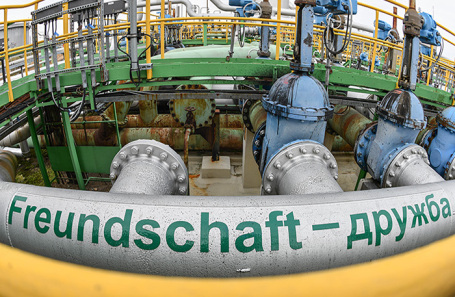
Further afield, Kazakhstan is feeling the squeeze. In an effort that appears to be “over-insuring” against the latest round of EU and US sanctions, Kazakh police are investigating Russians who obtained Individual Identification Numbers (IINs) and bank cards remotely. Over 240,000 Russians acquired these IINs in the last two years, often through “turnkey services” that, it turns out, weren`t quite as seamless as advertised. Experts suggest this crackdown is less about individual wrongdoing and more about Kazakhstan demonstrating its compliance with Western pressure, potentially sacrificing smaller, individual transactions to safeguard its larger transit businesses. It’s a stark reminder that in the age of global sanctions, even seemingly innocuous financial services can become pawns in a much larger game.
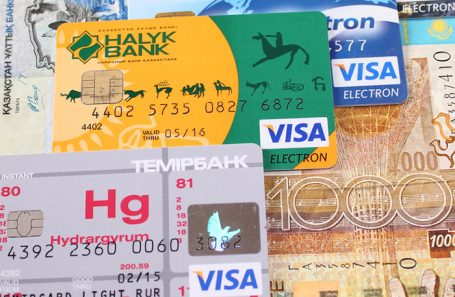
Meanwhile, in the Baltic skies, rhetoric is escalating. Following alleged Russian MiG-31 airspace violations over Estonia, Lithuania`s Defense Minister, Dovile Sakaliene, issued a stark warning on social media, referencing Turkey`s downing of a Russian Su-24 in 2015. While Russia denies the violations, citing routine flights to Kaliningrad, the incident has prompted consultations under NATO`s Article 4. Czech President Petr Pavel echoed calls for NATO to react decisively. The implicit message is clear, albeit delivered with a touch of historical irony: past precedents, however costly, are not forgotten. This comes at a time when a Reuters report suggests the US might be pulling back direct aid from Baltic states and other NATO members bordering Russia, nudging Europe towards greater self-reliance – a curious development that adds further intrigue to the security landscape.
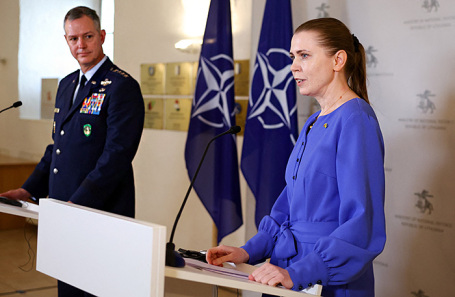
And then there`s Ukraine, where President Zelensky continues to navigate the diplomatic tightrope. His recent suggestion that a “final peace treaty might not be needed” and that “security guarantees shouldn`t wait for the end of hostilities” marks a notable shift. It signals a pragmatic, perhaps weary, acknowledgment of protracted conflict, moving away from an `all-or-nothing` approach. While Moscow might view this as contradicting its desire for a comprehensive European security architecture, it also opens avenues for discussions previously deemed impossible.
Domestic Realities: Storms, Subsidies, and Stabilization
Back on Russian soil, the city of Mahachkala in Dagestan recently faced its own formidable challenge: torrential downpours that led to widespread flooding and power outages. A major substation, “Primorskaya,” went offline, cutting electricity to thousands and prompting warnings for residents to boil drinking water. While the regional head described the situation as “complex but controlled,” the human element shone through, with ordinary citizens selflessly assisting each other – a stark contrast to the often-abstract discussions of international policy. Beyond urban centers, the deluge even destroyed a bridge, isolating 18 villages, highlighting the ever-present vulnerabilities of infrastructure to natural forces.
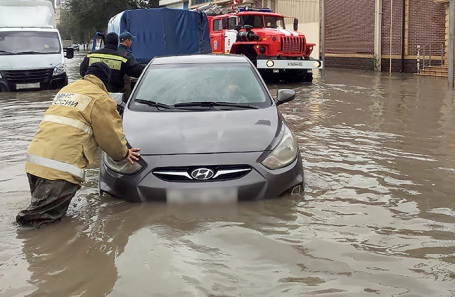
Economically, Russia`s Central Bank is attempting its own delicate balancing act. Amidst current high inflation, an advisor to the Central Bank Chairman suggested that the key interest rate, currently at a robust 17%, could theoretically dip to single digits by the end of next year. However, expert economists quickly poured a dose of cold water on this optimism, deeming such a rapid reduction “theoretically possible but practically unlikely.” The rationale is simple: aggressive rate cuts could reignite inflation and weaken the ruble. Thus, the Central Bank is caught between the business community`s desire for lower borrowing costs and the imperative of maintaining economic stability – a classic dilemma, played out against a backdrop of sanctions and domestic imperatives.
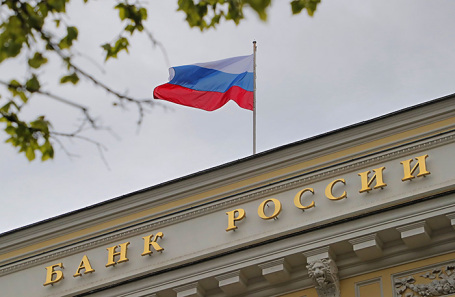
The Unfolding Narrative
These diverse threads, from the ice rink to the oil pipeline, from police investigations to natural disasters, and from economic forecasts to diplomatic overtures, paint a comprehensive picture. They reveal a landscape where individual aspirations intersect with national strategies, where global pressures reshape local realities, and where resilience, both individual and collective, is constantly tested. In a world defined by its complexities, the ongoing narrative of Russia and its interactions continues to unfold, rich with human stories and profound geopolitical implications.








